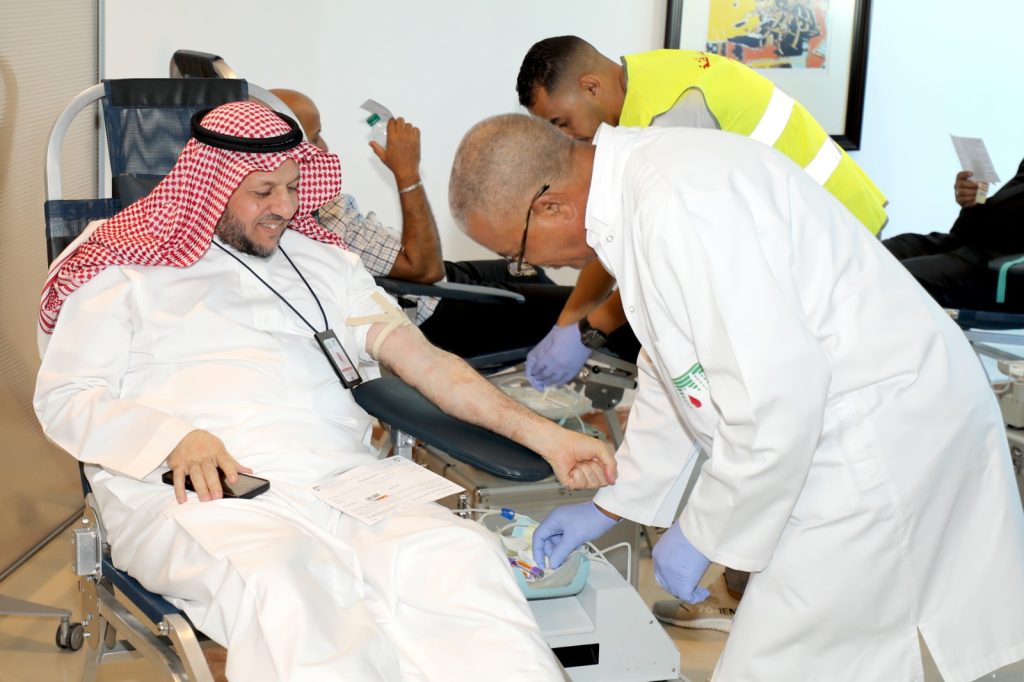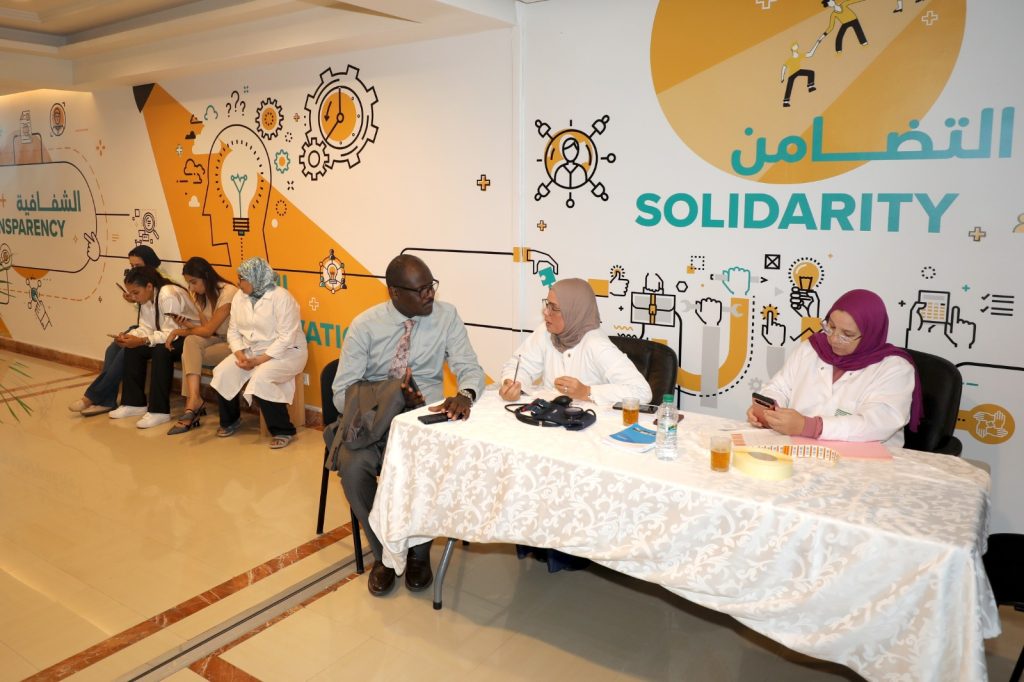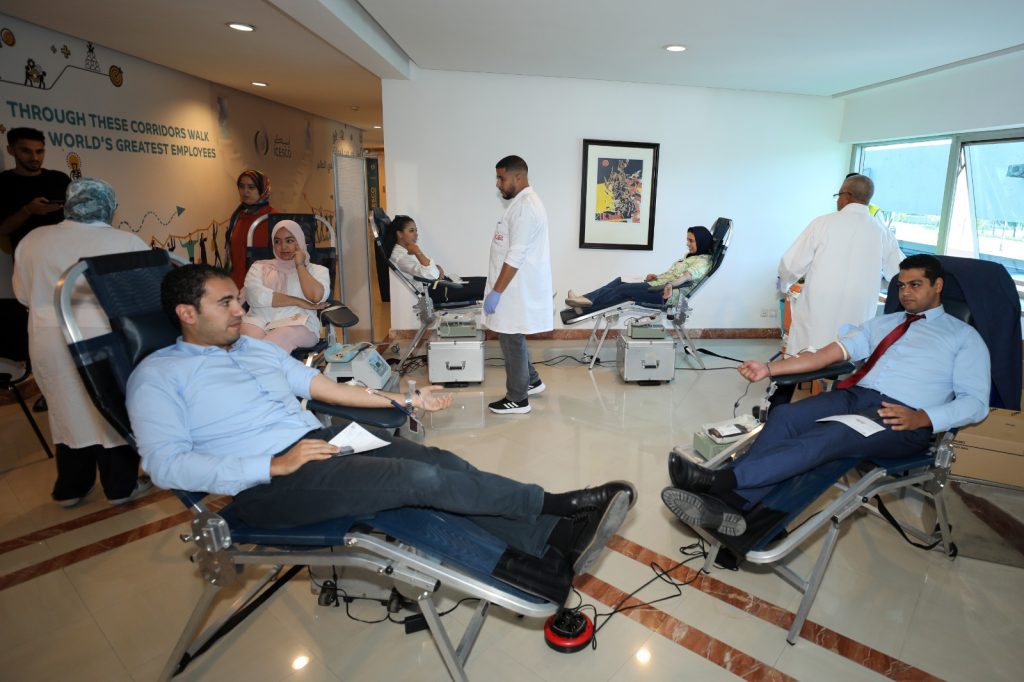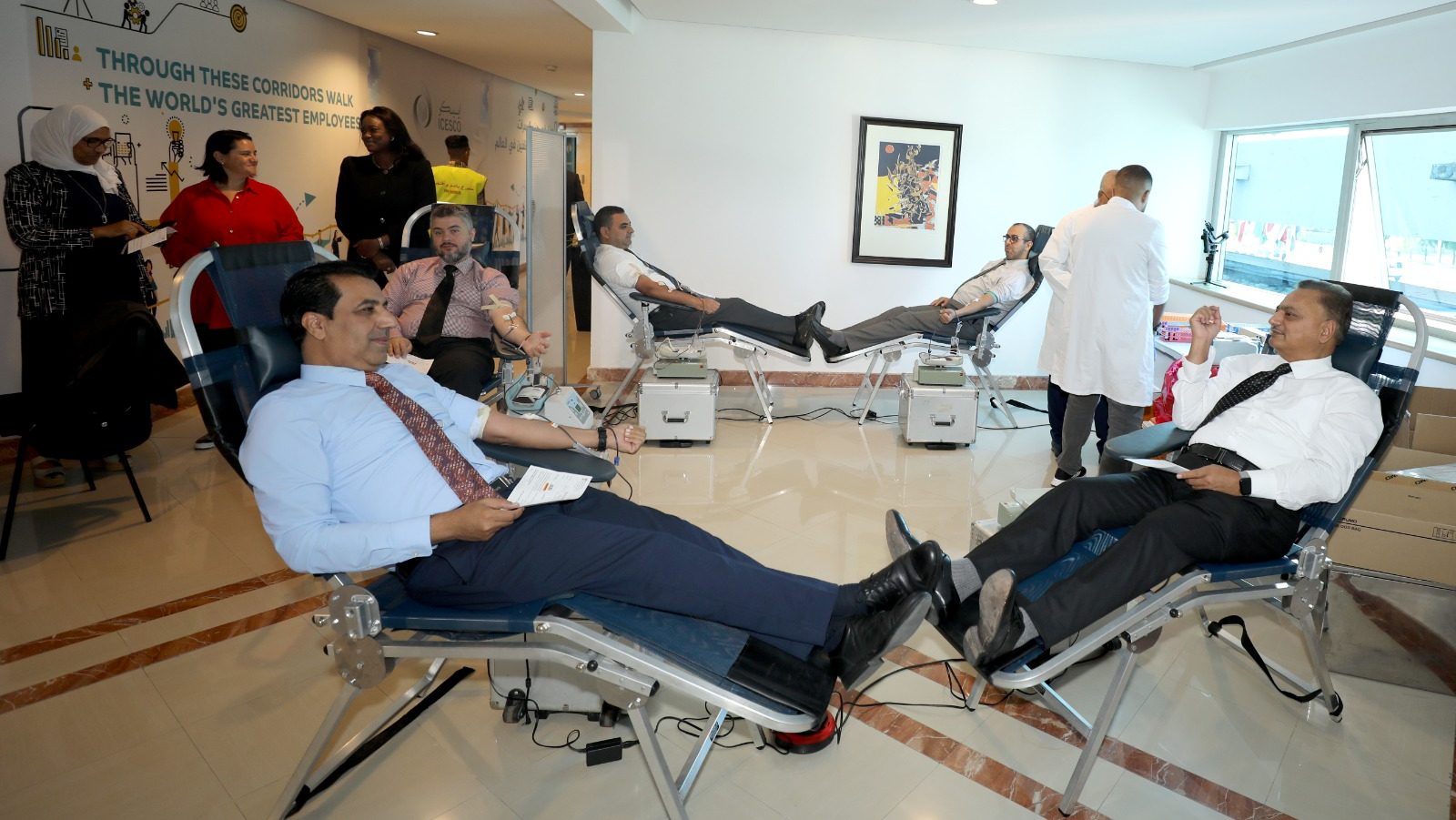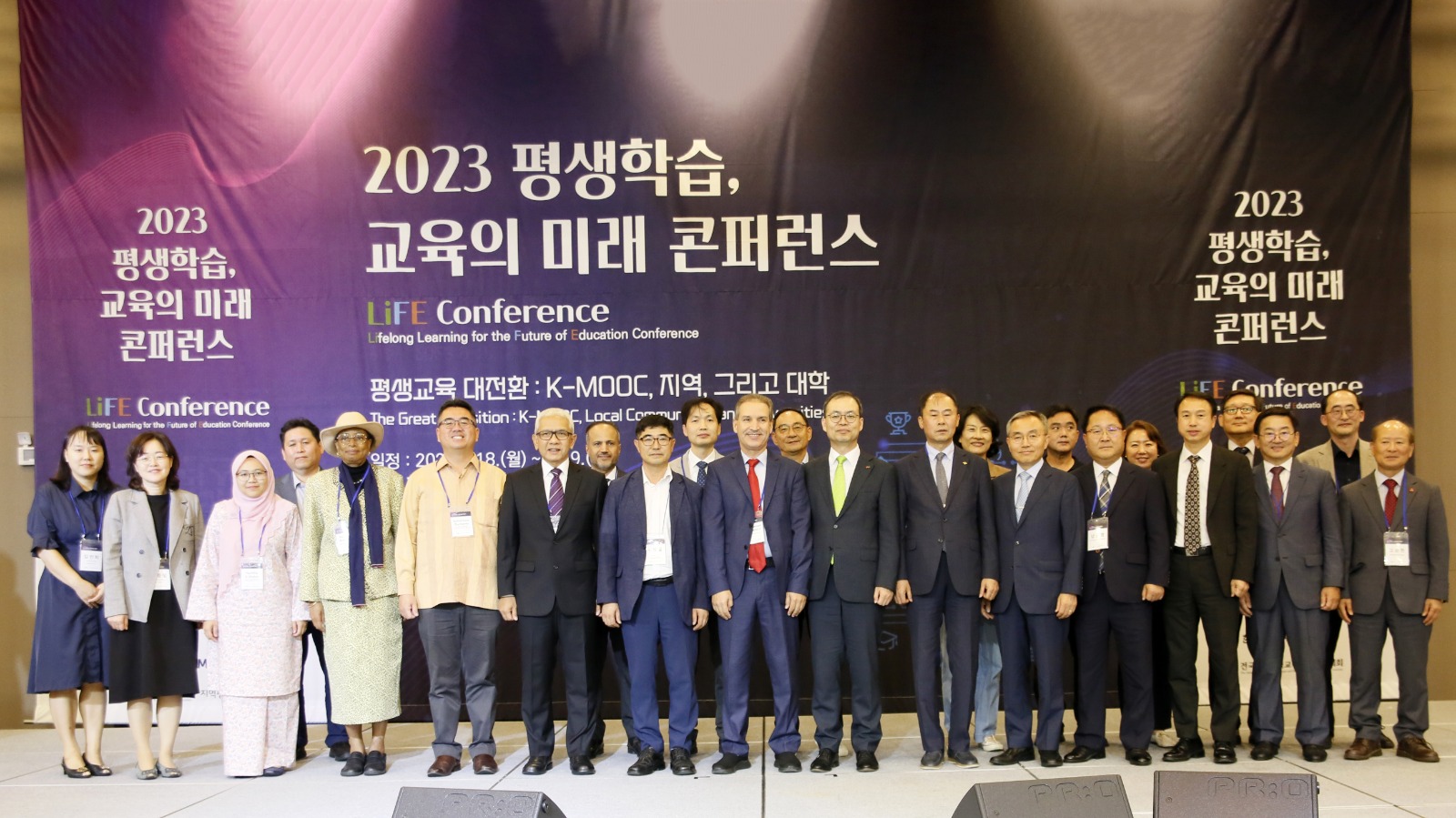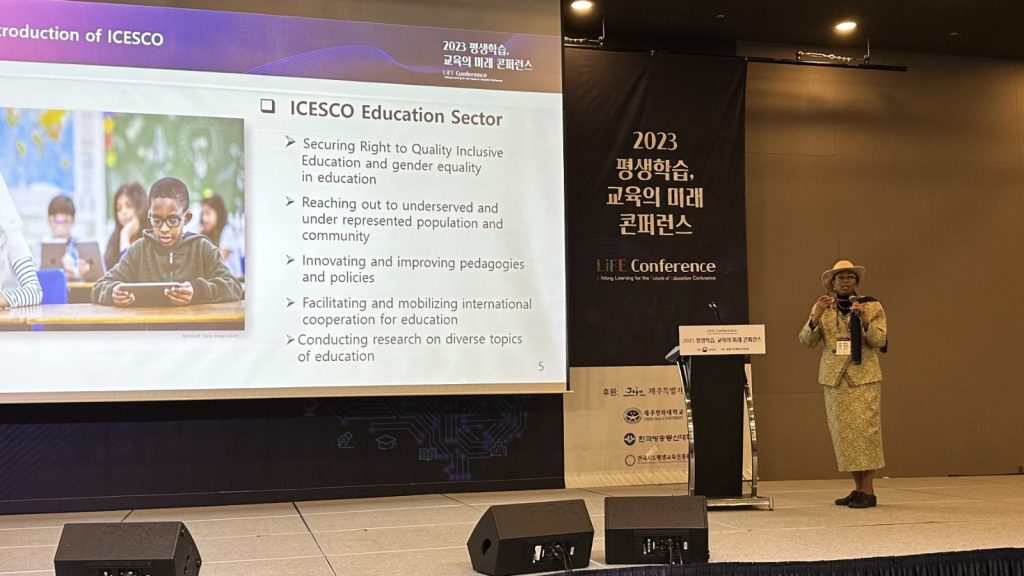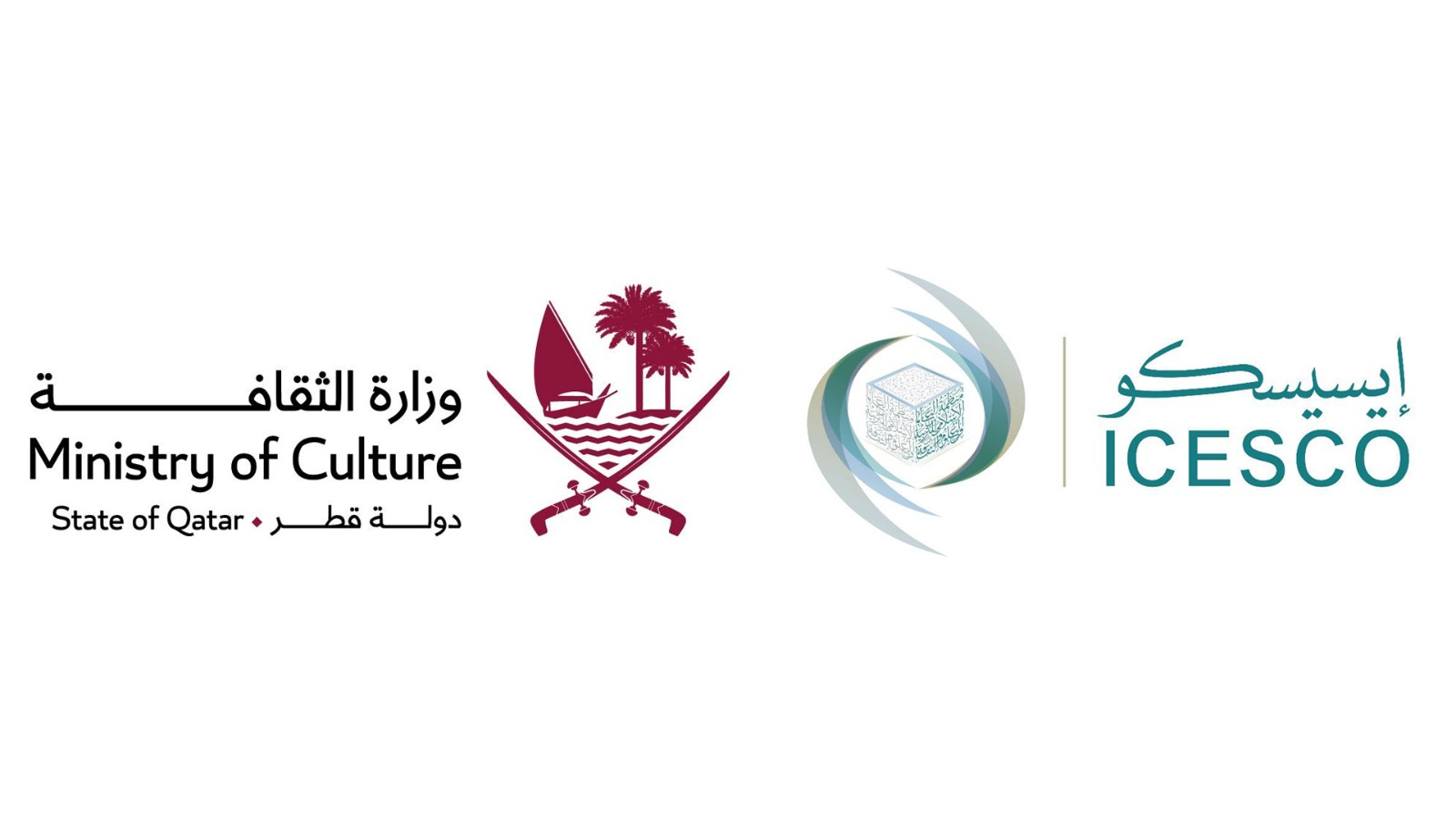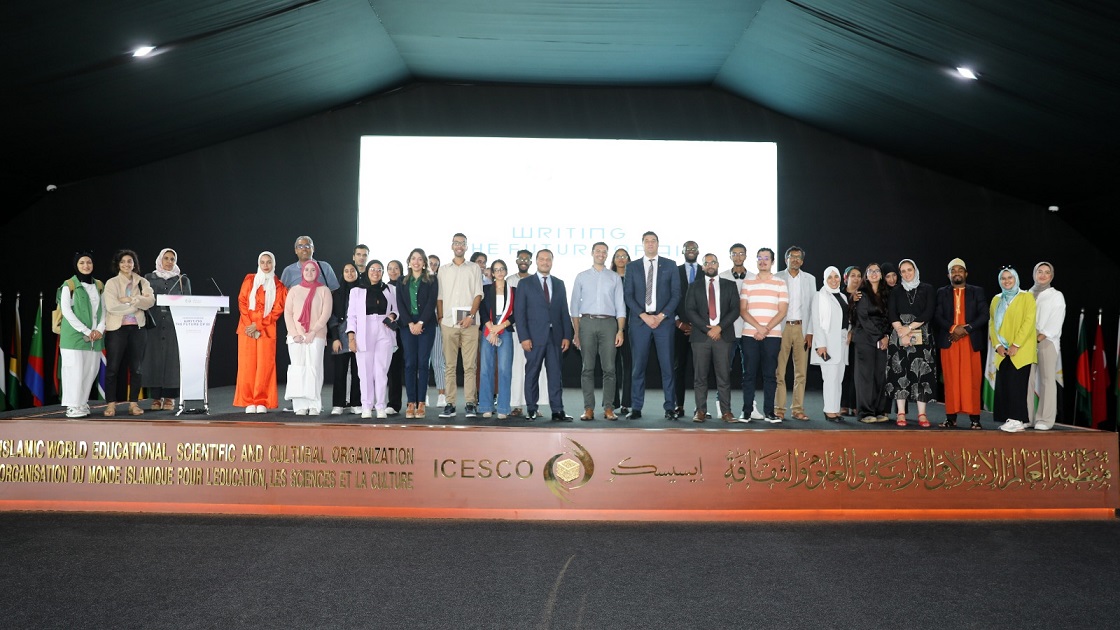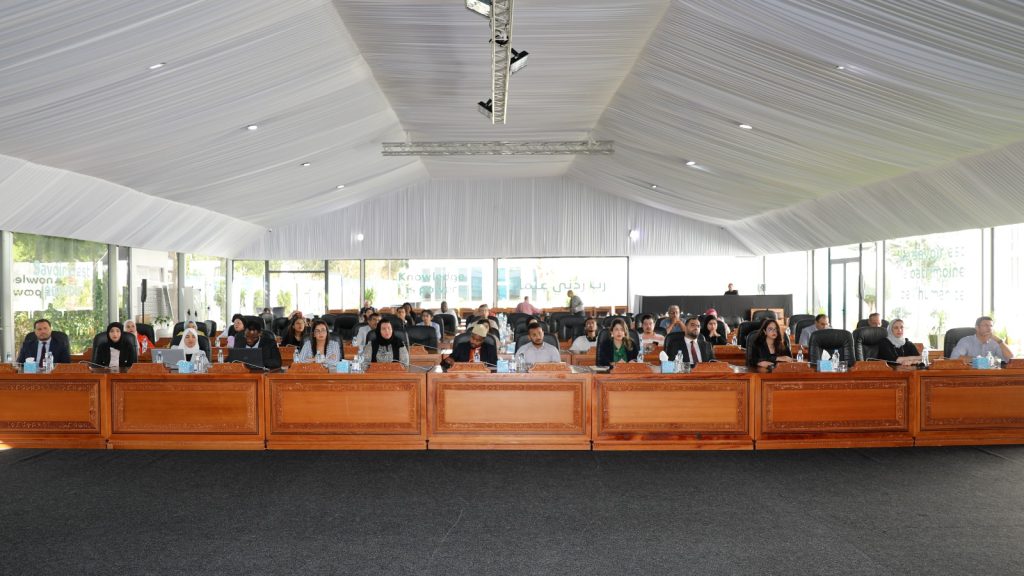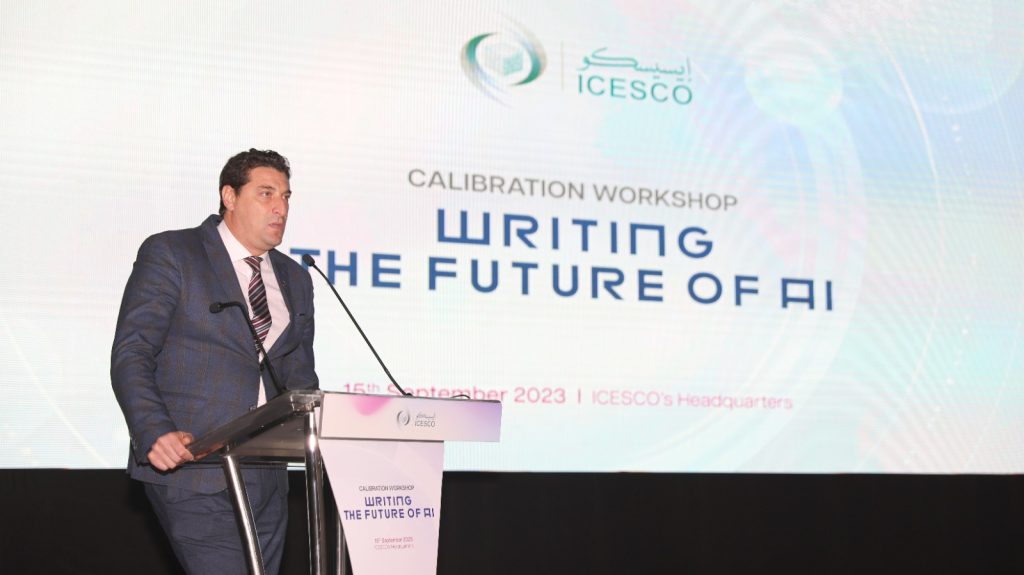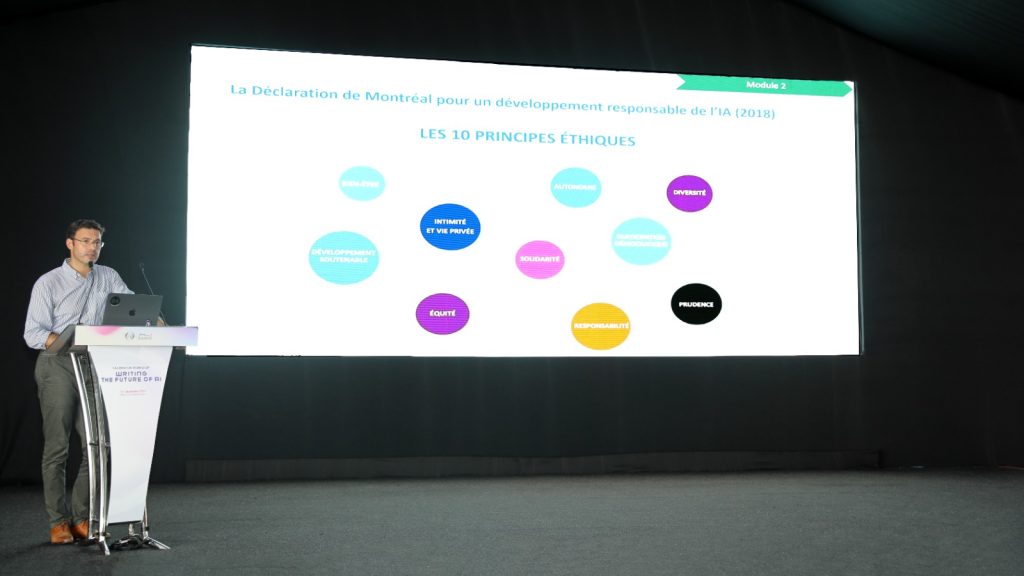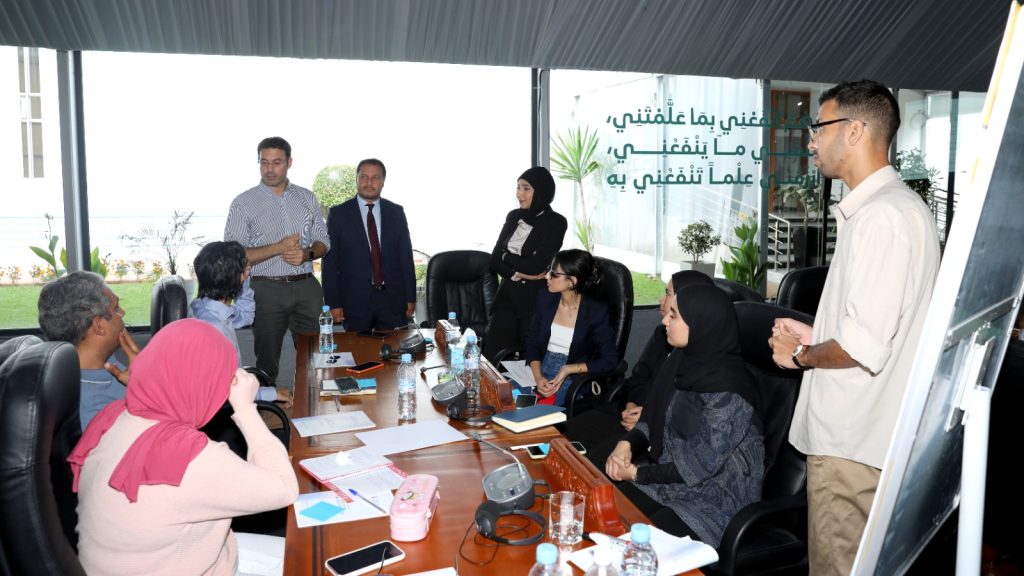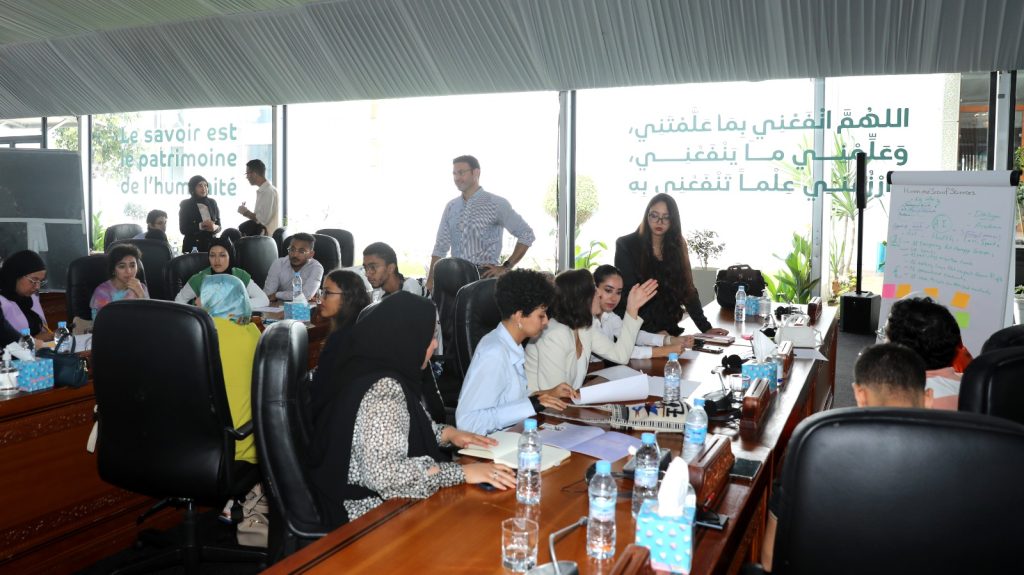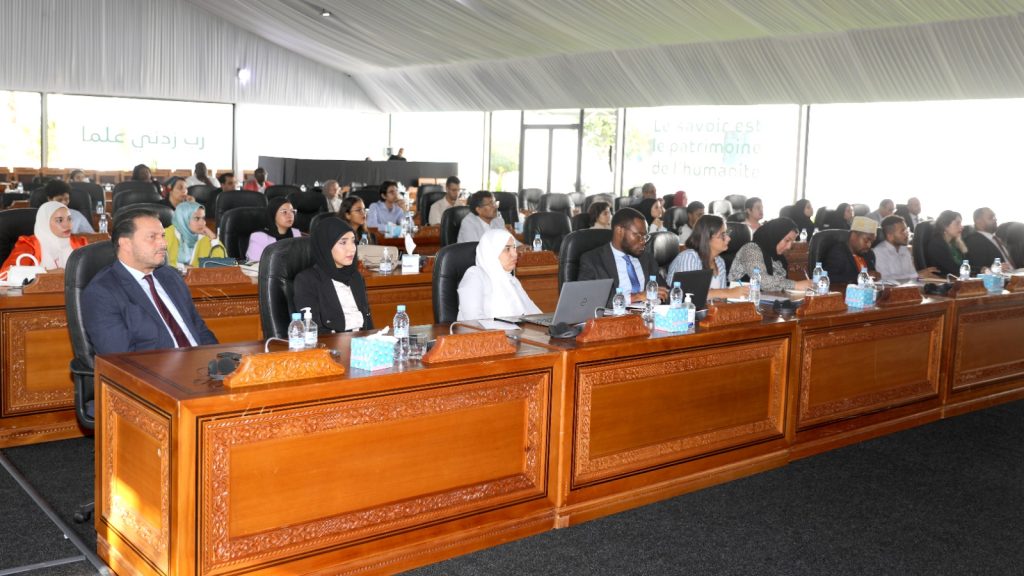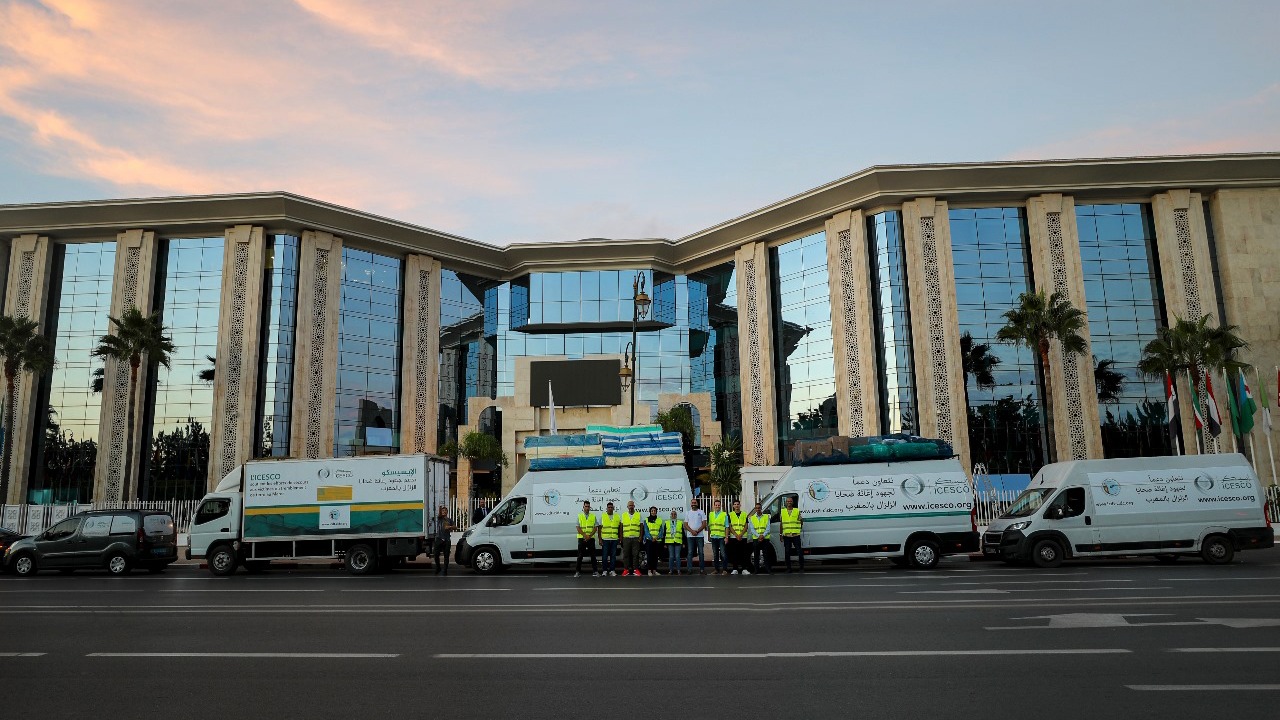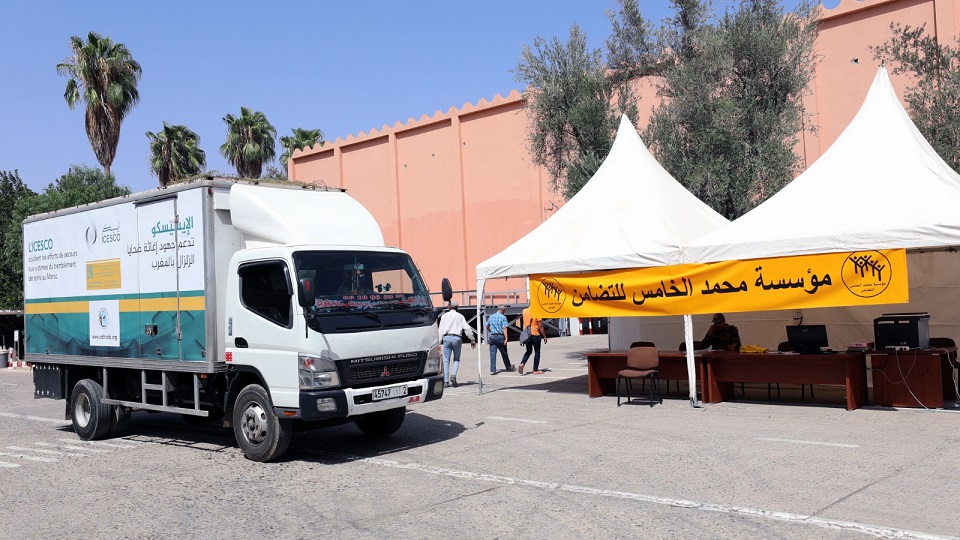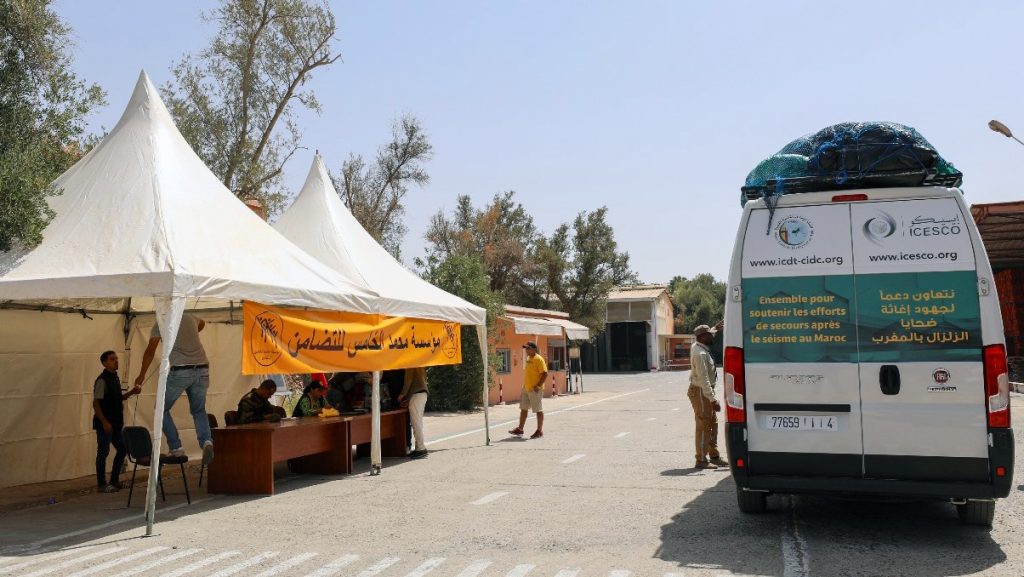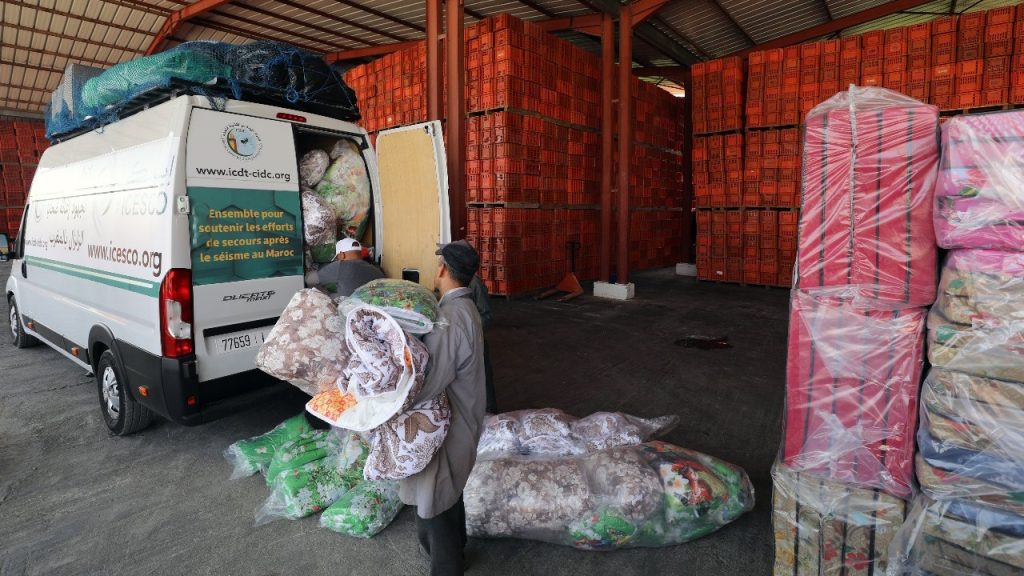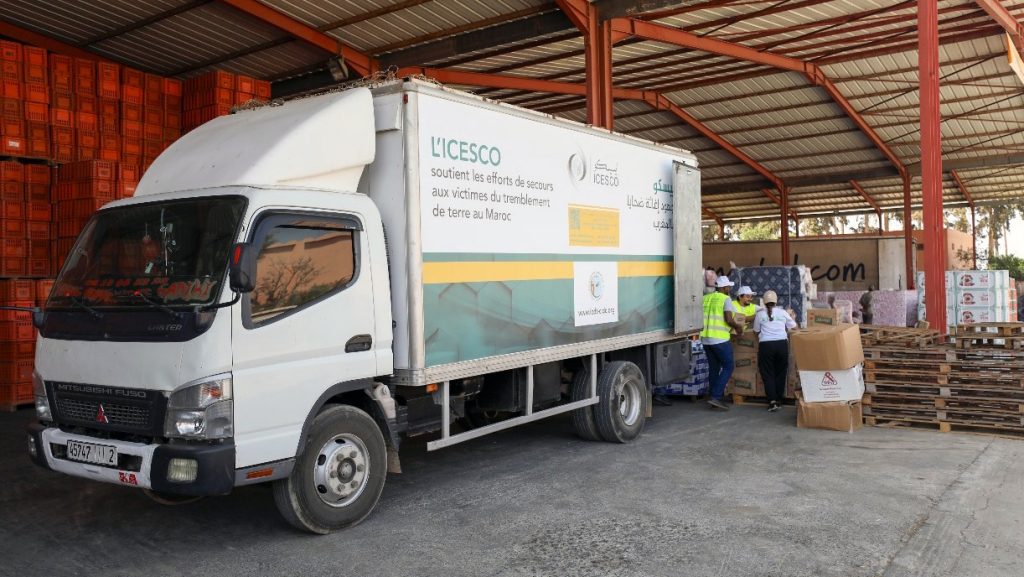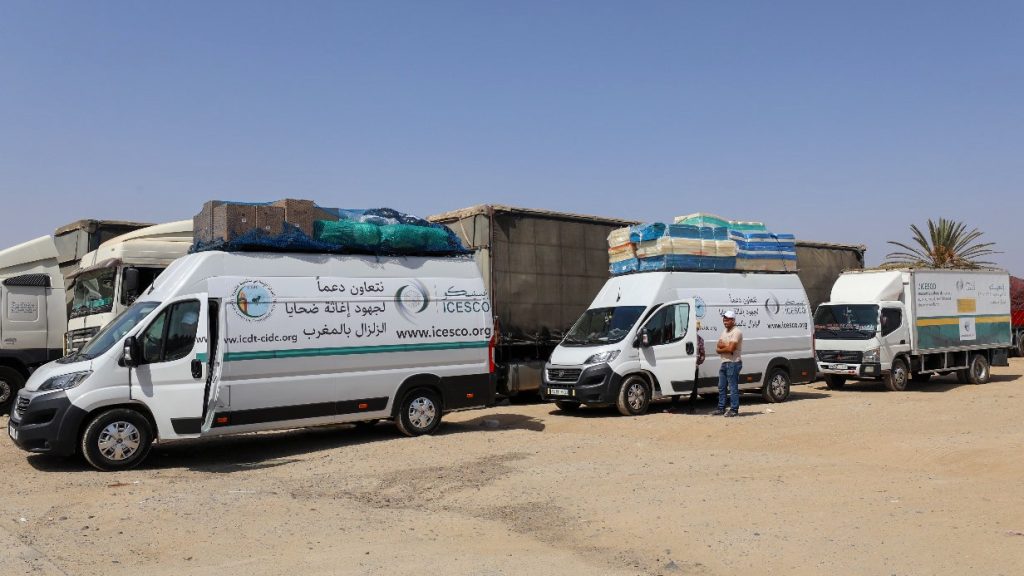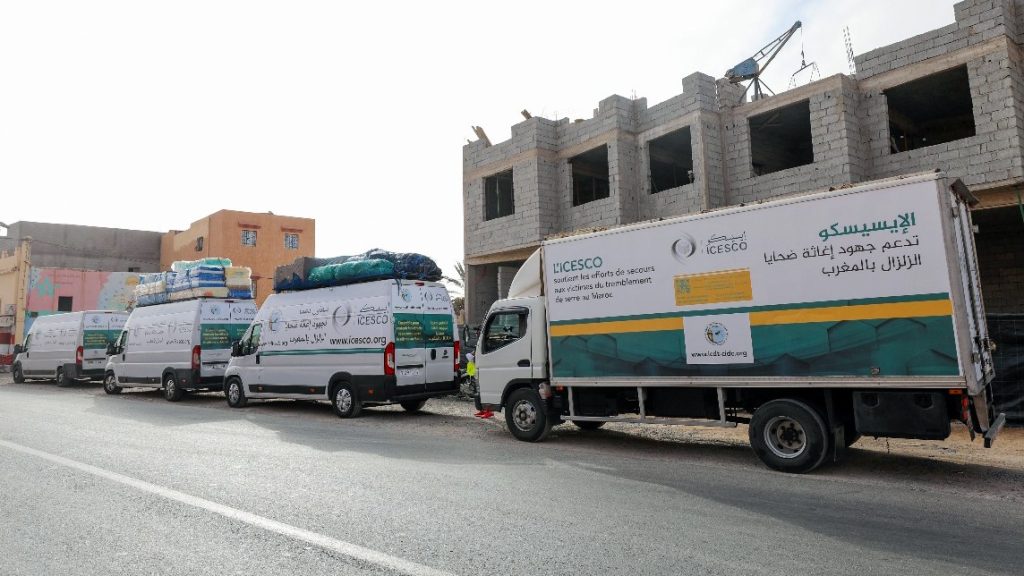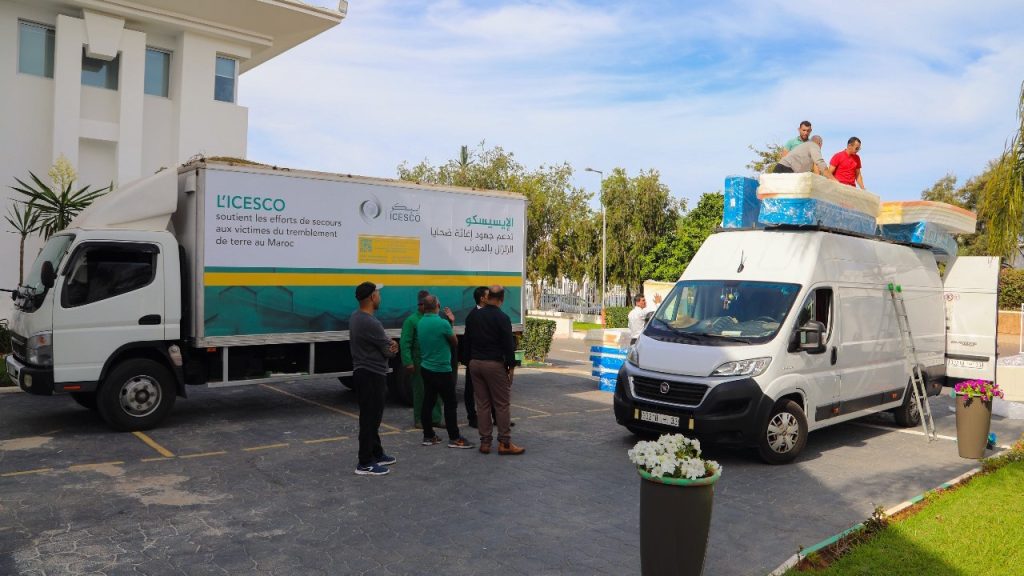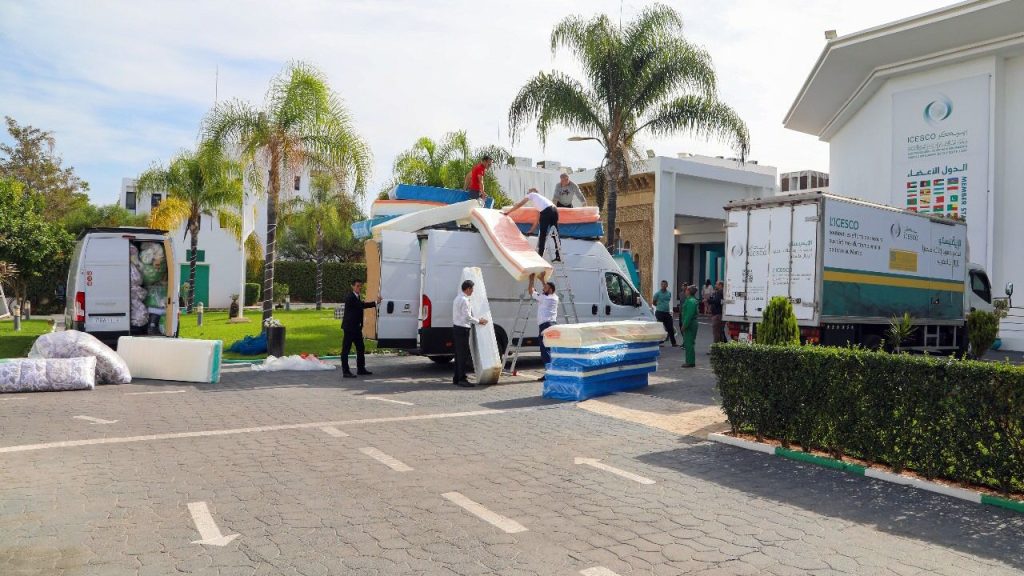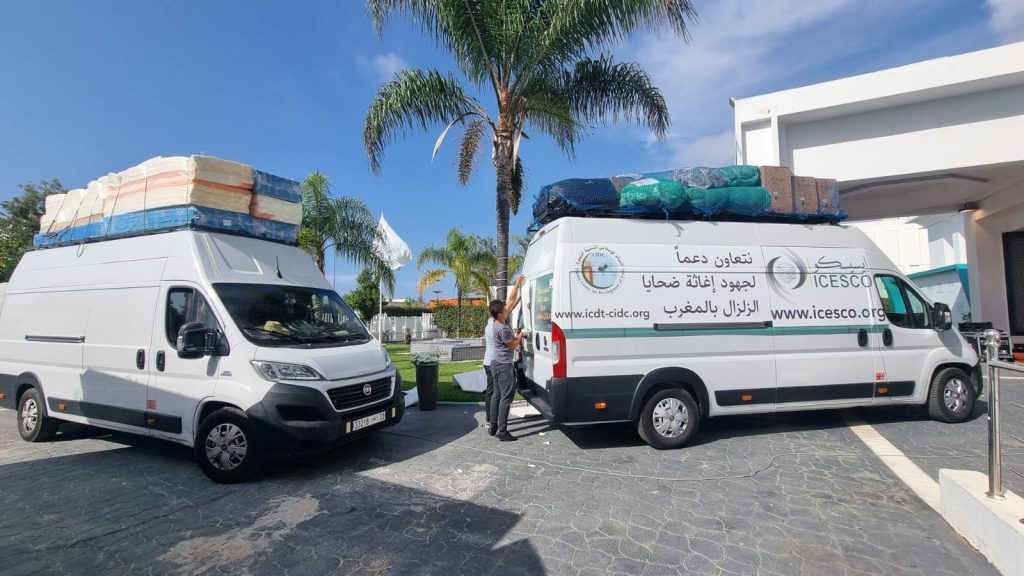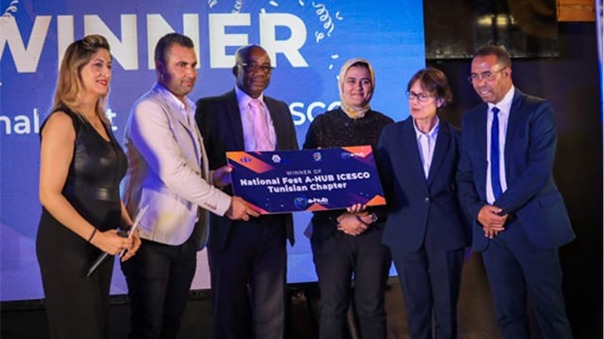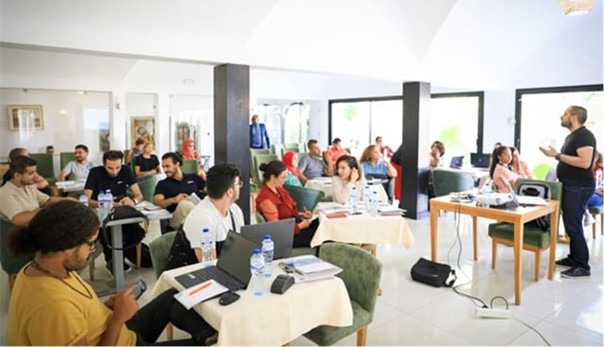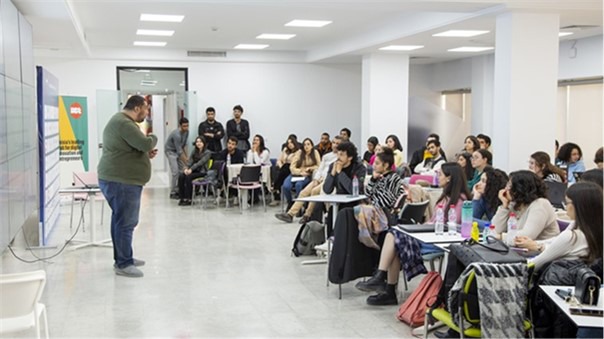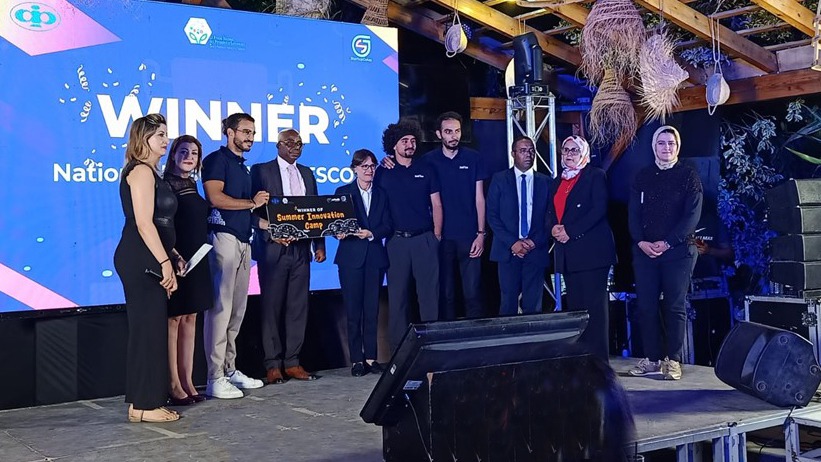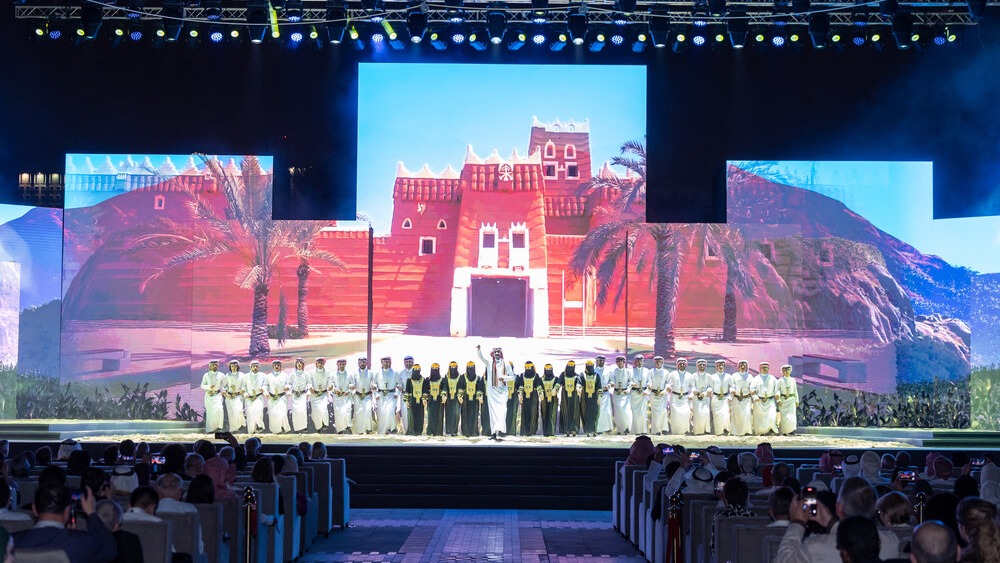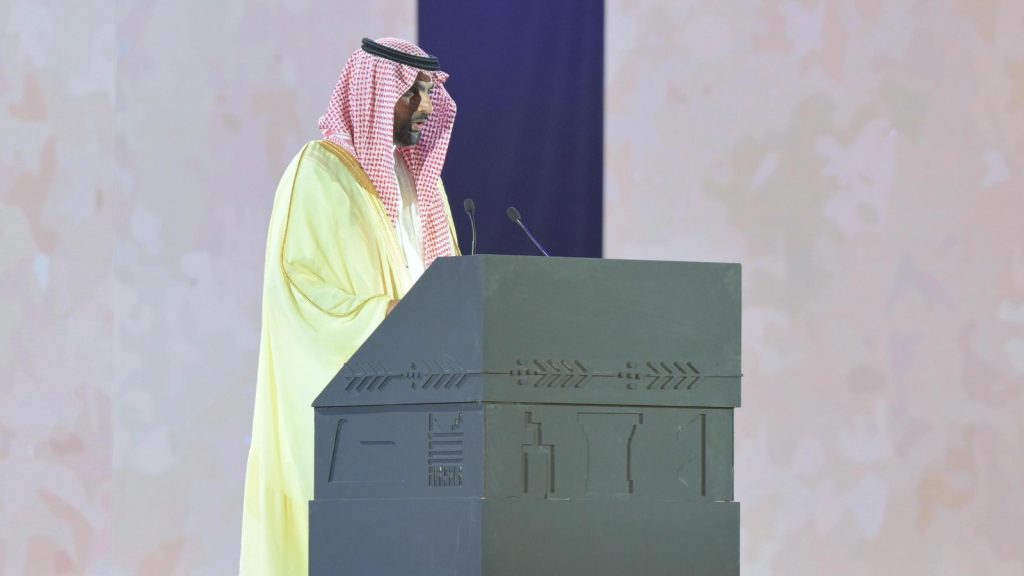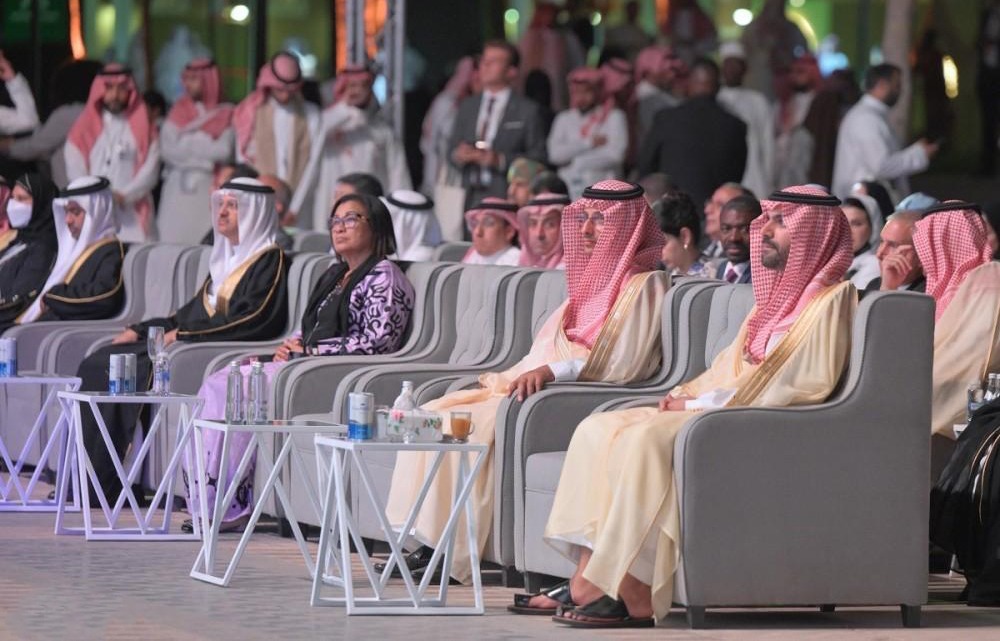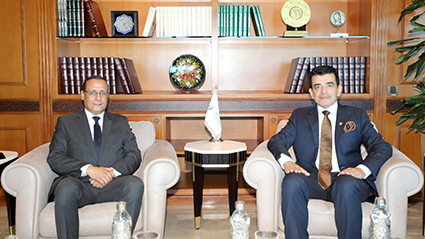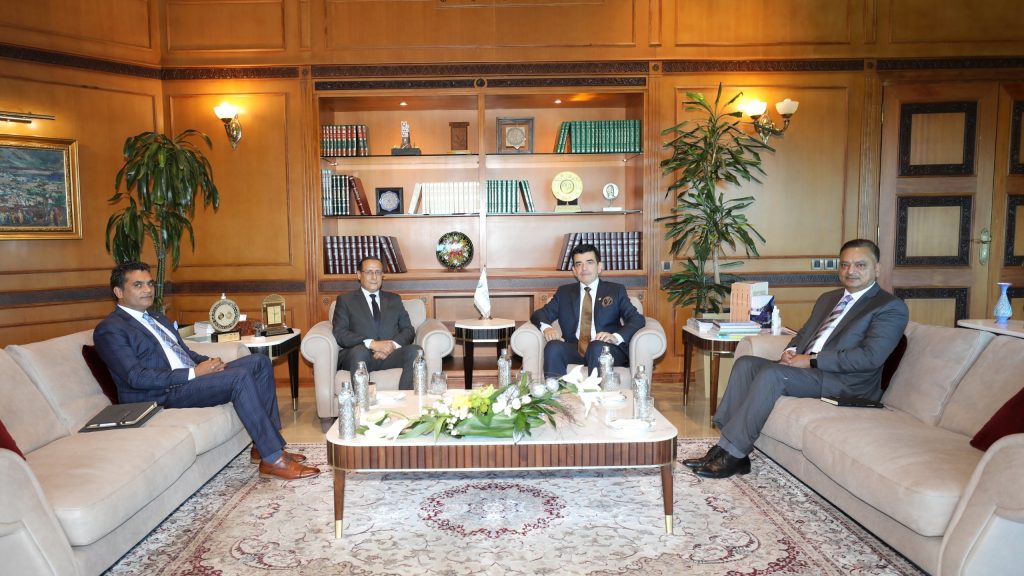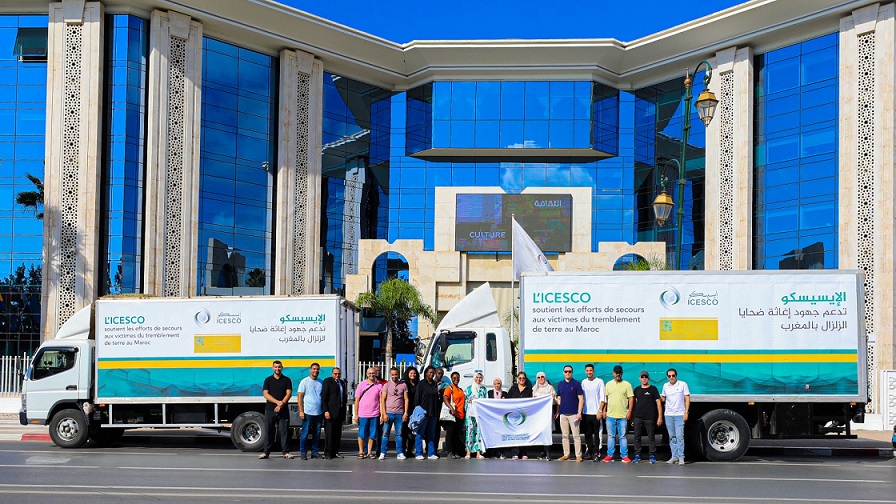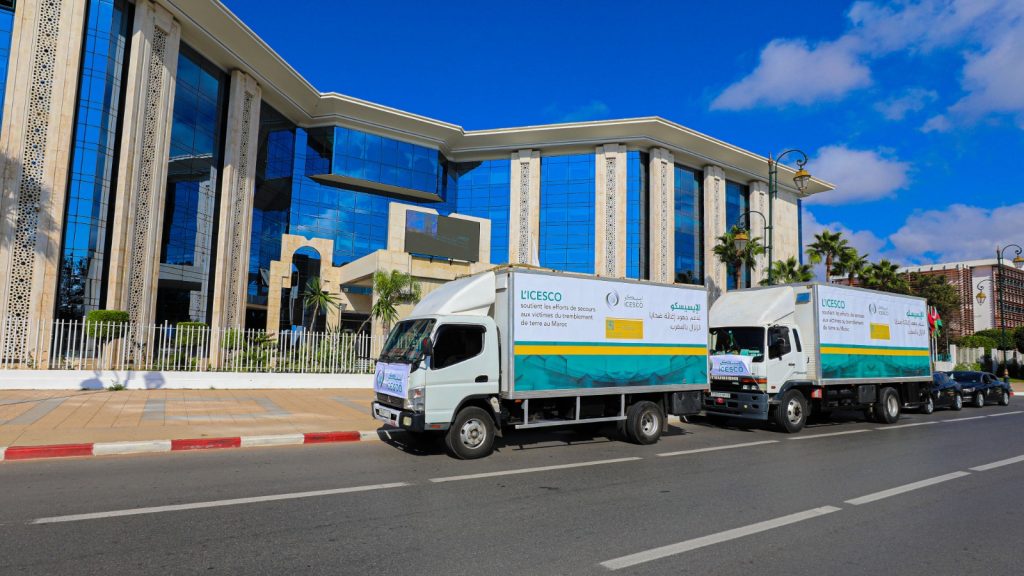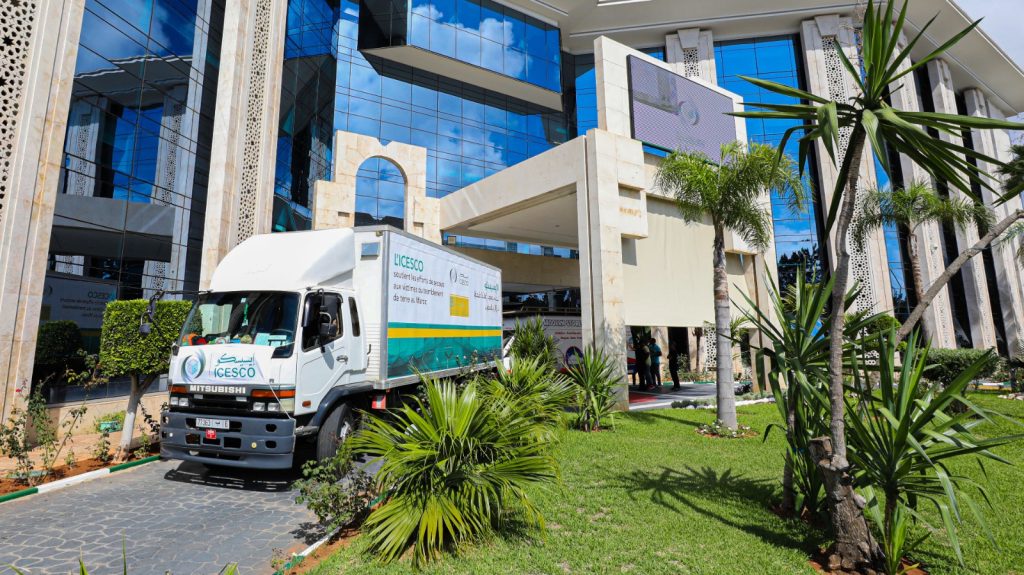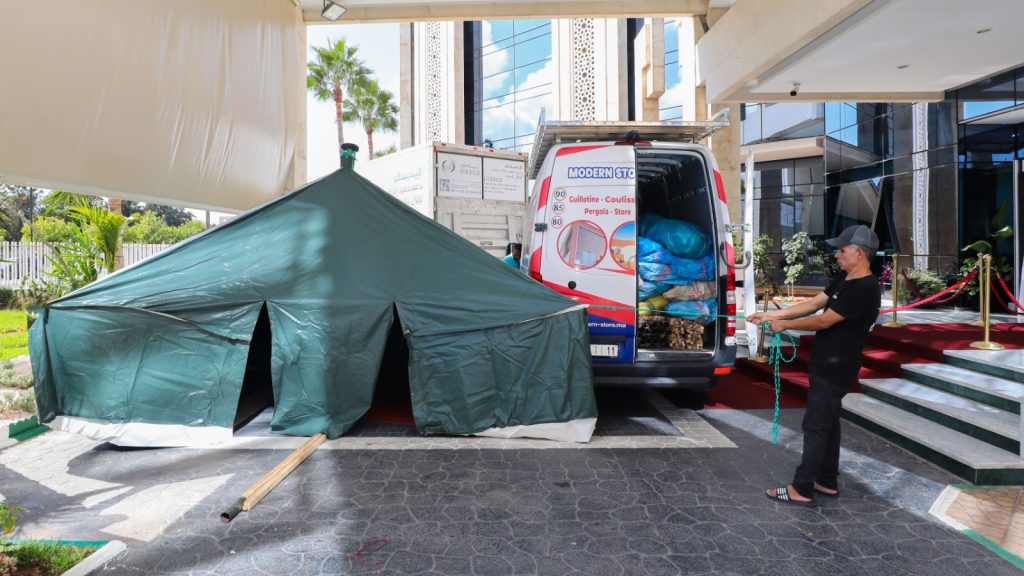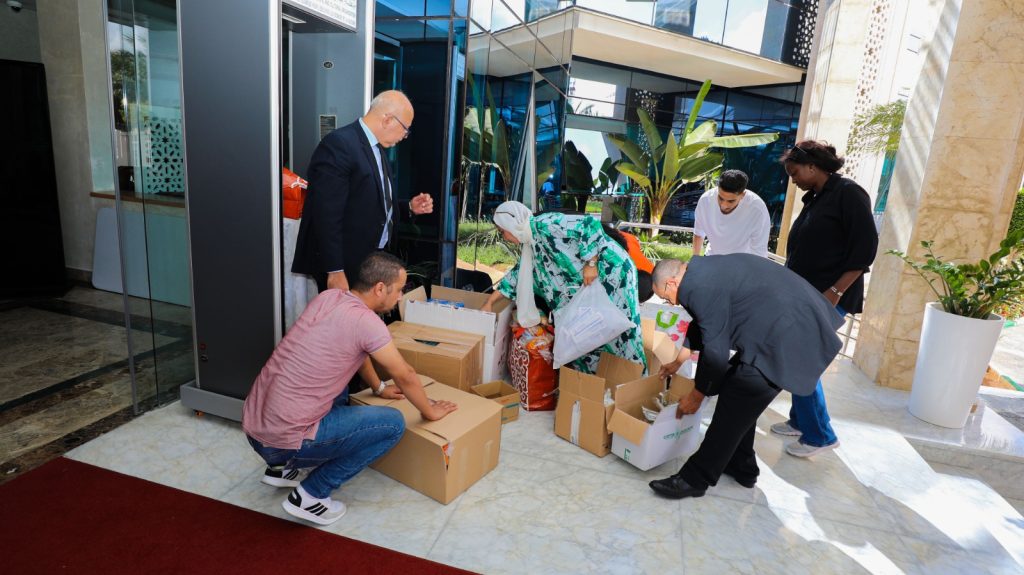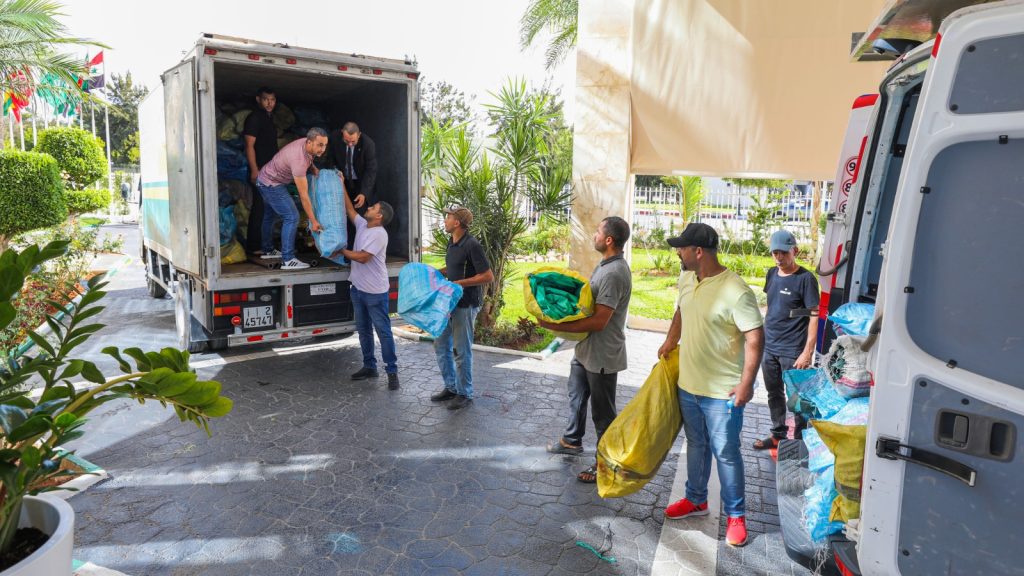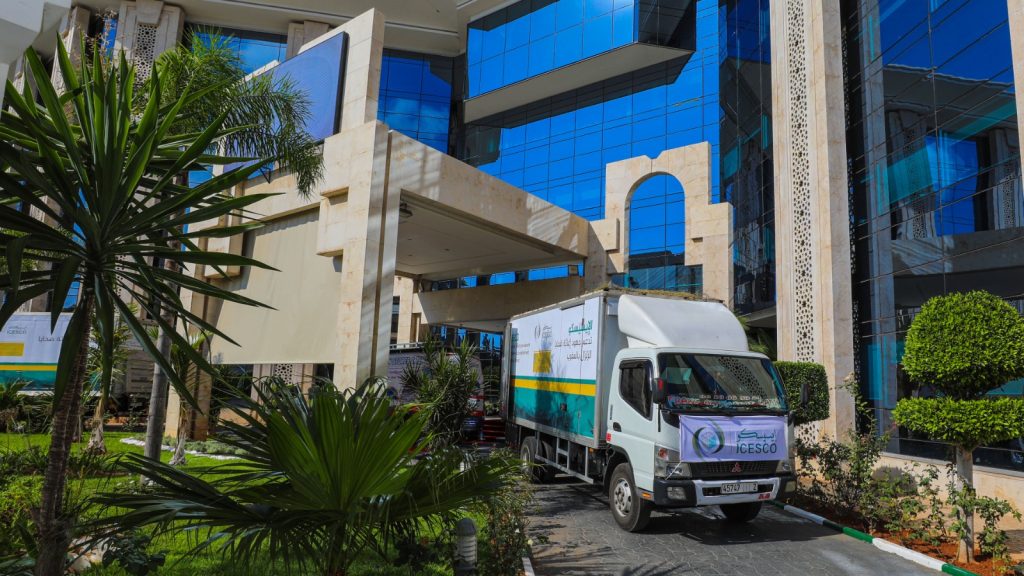The Islamic World Educational, Scientific, and Cultural Organization (ICESCO) has joined the blood donation campaign initiated by the Kingdom of Morocco to assist the injured victims of the earthquake that struck several Moroccan regions. ICESCO officials and employees, as well as supervisors of the International Exhibition and Museum of the Prophet’s Seerah and Islamic Civilization, rushed to donate their blood on Tuesday, September 19, 2023, under the supervision of a medical team from the “Regional Blood Transfusion Center in Rabat” at the Organization’s headquarters.
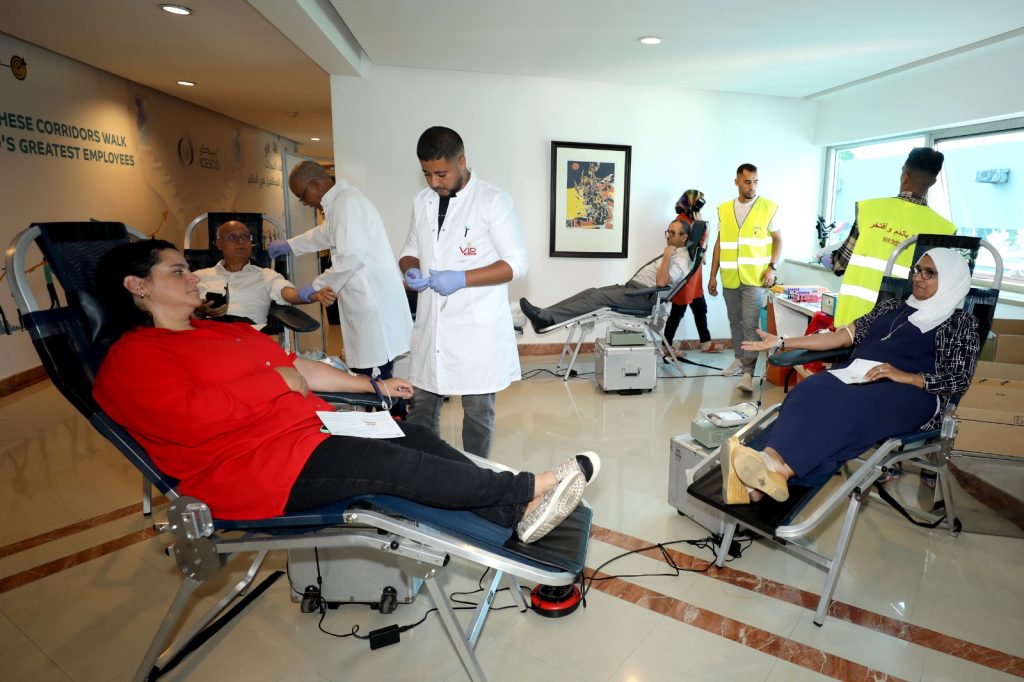
ICESCO donors expressed their happiness to participate in this campaign of solidarity with the earthquake victims of the El Haouz region, praying for the prompt recovery of the injured.
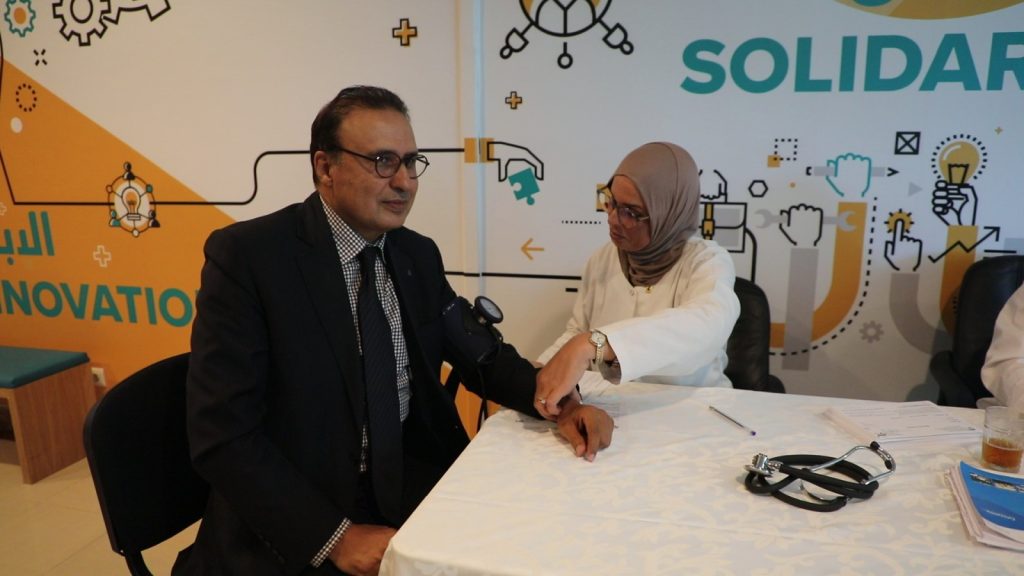
ICESCO General Directorate has taken several measures to demonstrate the Organization’s solidarity with Morocco and the earthquake victims. The Organization launched its first humanitarian caravan on Sunday, September 10, 2023, heading towards the affected areas in the El Haouz region. Additionally, the ICESCO humanitarian caravan provided assistance in the form of relief materials to Mohammed VI Foundation for Solidarity for the earthquake victims in the Taroudant region. This initiative was organized by ICESCO in partnership with the Islamic Center for Trade Development.
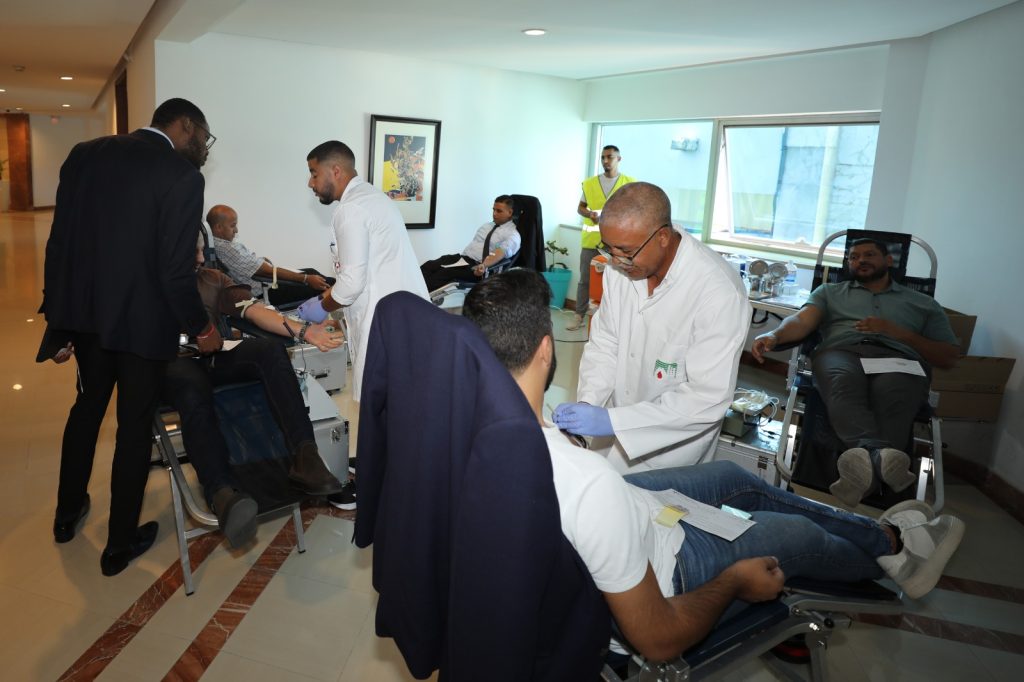
ICESCO also announced the donation of 10% of the monthly salary of the Director-General, all executives, and employees, which will be transferred to the special account at the Bank of Morocco, as directed by His Majesty King Mohammed VI for receiving urgent humanitarian aid.
